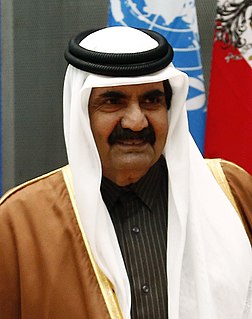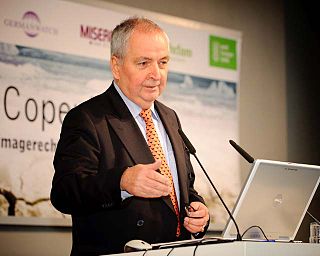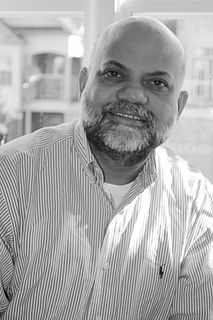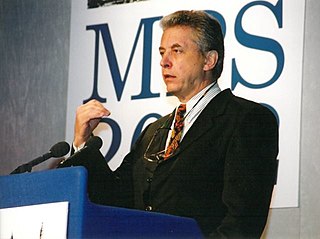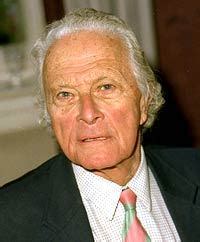Top 1200 Poor Countries Quotes & Sayings
Explore popular Poor Countries quotes.
Last updated on April 14, 2025.
Not so great in England at the moment; in an online poll we came last, we actually came bottom of European countries for quality of life, because of things like the weather, obviously, late retirement, poor holiday, poor public services, poor health service; it's basically just a kind of grey, godless wilderness, full of cold pies and broken dreams.
Some people say that the West has a cruel history. These people also may see the achievements of Western countries - in terms of the economy, education, health, and social achievements - as a result of exploitation of poorer countries, including Arab countries. Western nations get rich by using resources such as Arab oil. Meanwhile, the countries supplying them raw materials remain poor. Due to such injustices, jealousies are created.
If the level and amount of consumption and waste of the western rich countries ever reaches the poor countries, it will mean the end of humanity. The big world corporations are busy doing it...The production, selling, consumption, accumulation, wastes' and advertisement explosions in the western rich countries and the continued population explosion in the poor countries will turn into major catastrophes.
You have countries that have lived beyond their means, with bloated governments, huge trade deficits, and people living off the government. Then you have others where poor people are working hard and underconsuming and their governments are buying all this debt and propping up the extravagant countries. All of this has to change. There's a tremendous moral hazard involved with this system.
One of the greatest concerns that I had when I became President was the vast array of nuclear weapons in the arsenals of the United States and the Soviet Union and a few other countries, and also the great proliferation of conventional weapons, non-nuclear weapons, particularly as a tremendous burden on the economies of developing or very poor countries.
I am a great supporter of bionics and this diversity in nature, this genetic diversity, is not available for free. We, as industrialized nations, have already sinned enough, and we have significantly reduced biodiversity in our countries. But now we expect the poor, less developed countries of the world to preserve their rainforests, mangrove forests and coral landscapes for us at no charge.
Colombia was a big wheat producer in the 1950's. That was eliminated by what sounds like a nice plan, called "Food for Peace. " It's a plan by which US taxpayers subsidized US agribusiness to send food to poor countries. This, of course, destroyed the domestic agricultural markets of these countries, opening these markets to US agribusiness.
The great question for our time is, how to make sure that the continuing scientific revolution brings benefits to everybody rather than widening the gap between rich and poor. To lift up poor countries, and poor people in rich countries, from poverty, to give them a chance of a decent life, technology is not enough. Technology must be guided and driven by ethics if it is to do more than provide new toys for the rich.
Climate change is...a gross injustice-poor people in developing countries bear over 90% of the burden-through death, disease, destitution and financial loss-yet are least responsible for creating the problem. Despite this, funding from rich countries to help the poor and vulnerable adapt to climate change is not even 1 percent of what is needed.
While you can say that the problem of the middle class in the rich countries is too much globalization, the problem of the people who are very poor is really that they are not included in globalization. For them, the success of their own countries at becoming part of this international division of labor would be good news.
Climate change hype has grave real world consequences. It gets rich countries to adopt silly policies and to impose devastating eco-imperialism on poor countries. The world's rich millions can afford environmental extremism; its poor billions can't. Climate change pseudo-science about human causality has been exposed repeatedly. What's less appreciated is that there aren't more natural disasters in need of an explanation.
The reality is that [Barack] Obama has some 15 countries in the current Libya coalition. President Bush put together close to 50 countries for the Afghan coalition, some 40 countries for the Iraqi coalition, more than 90 countries for the Proliferation Security Initiative and over 90 countries in the Global War on Terror.
It is easy to say that there are the rich and the poor, and so something should be done. But in history, there are always the rich and the poor. If the poor were not as poor, we would still call them the poor. I mean, whoever has less can be called the poor. You will always have the 10% that have less and the 10% that have the most.
If the relatively rich participating countries want to stabilize atmospheric concentrations of greenhouse gases, they will have to pay at least some poor countries to reduce their emissions. Achievement of substantial reduction in this way implies international transfers of wealth on a scale well beyond anything in recorded history. There is no effective political support for such a Herculean effort, particularly in the United States.
When you live in a poor neighborhood, you are living in an area where you have poor schools. When you have poor schools, you have poor teachers. When you have poor teachers, you get a poor education. When you get a poor education, you can only work in a poor-paying job. And that poor-paying job enables you to live again in a poor neighborhood. So, it's a very vicious cycle.
A considerable proportion of the developed world's prosperity rests on paying the lowest possible prices for the poor countries' primary products and on exporting high-cost capital and finished goods to those countries. Continuation of this kind of prosperity requires continuation of the relative gap between developed and underdeveloped countries - it means keeping poor people poor. Increasingly, the impoverished masses are understanding that the prosperity of the developed countries and of the privileged minorities in their own countries is founded on their poverty.
The main issue [of the Scientific Revolution] is that the people in the industrialised countries are getting richer, and those in the non-industrialised countries are at best standing still: so the gap between the industrialised countries and the rest is widening every day. On the world scale this is the gap between the rich and the poor.













